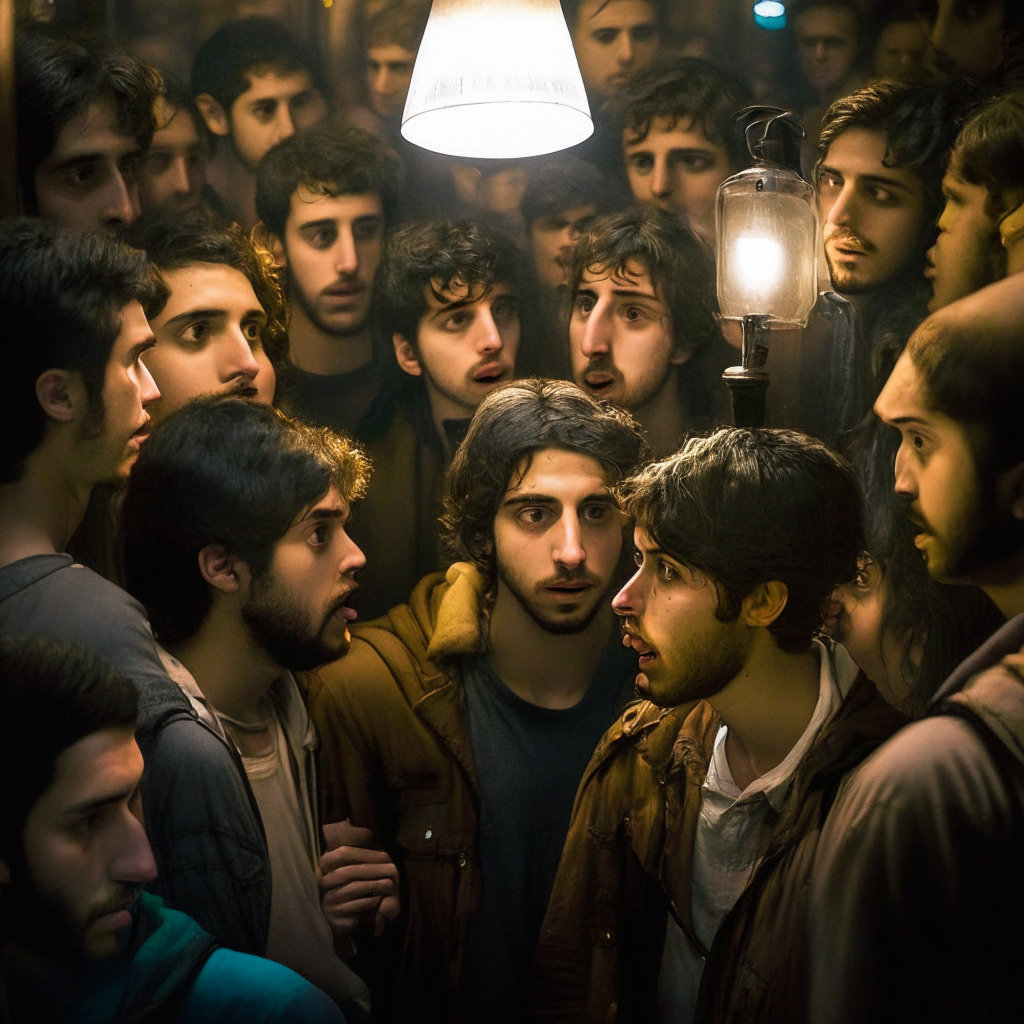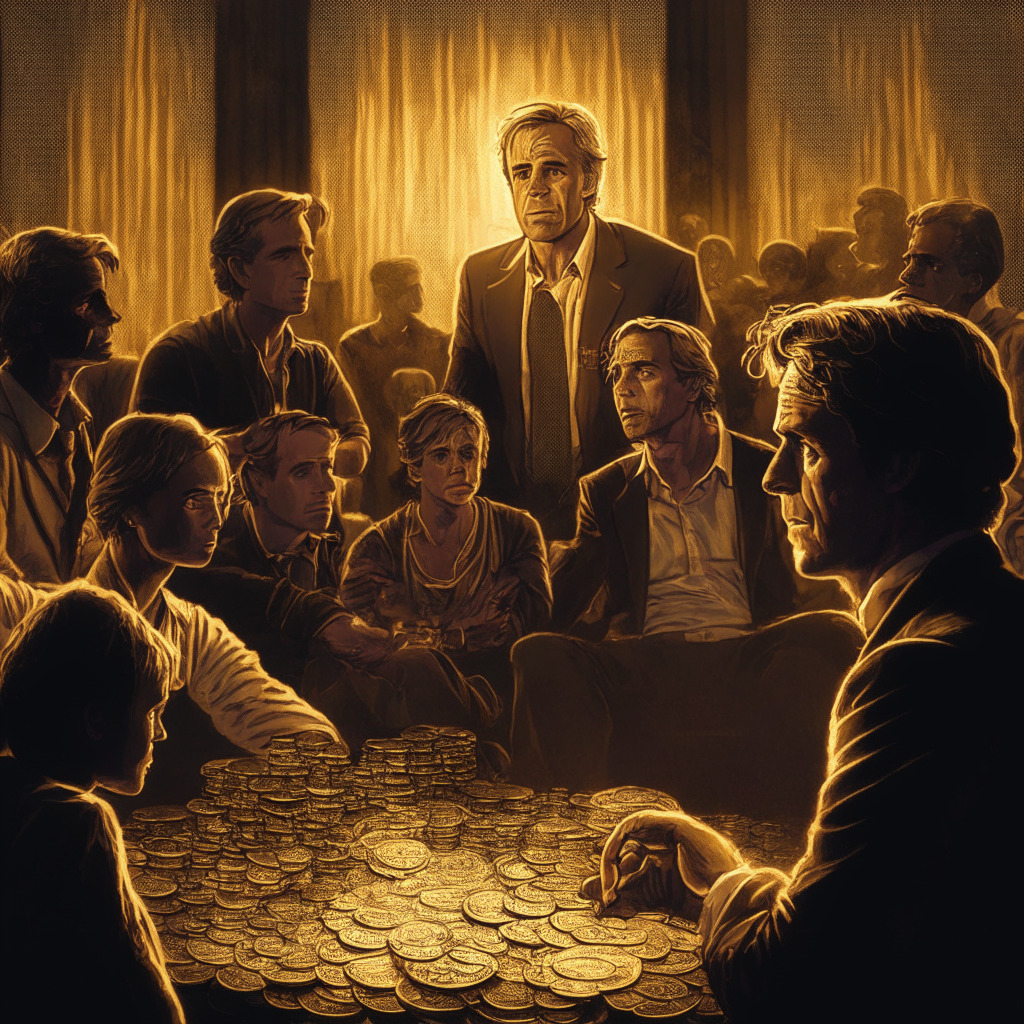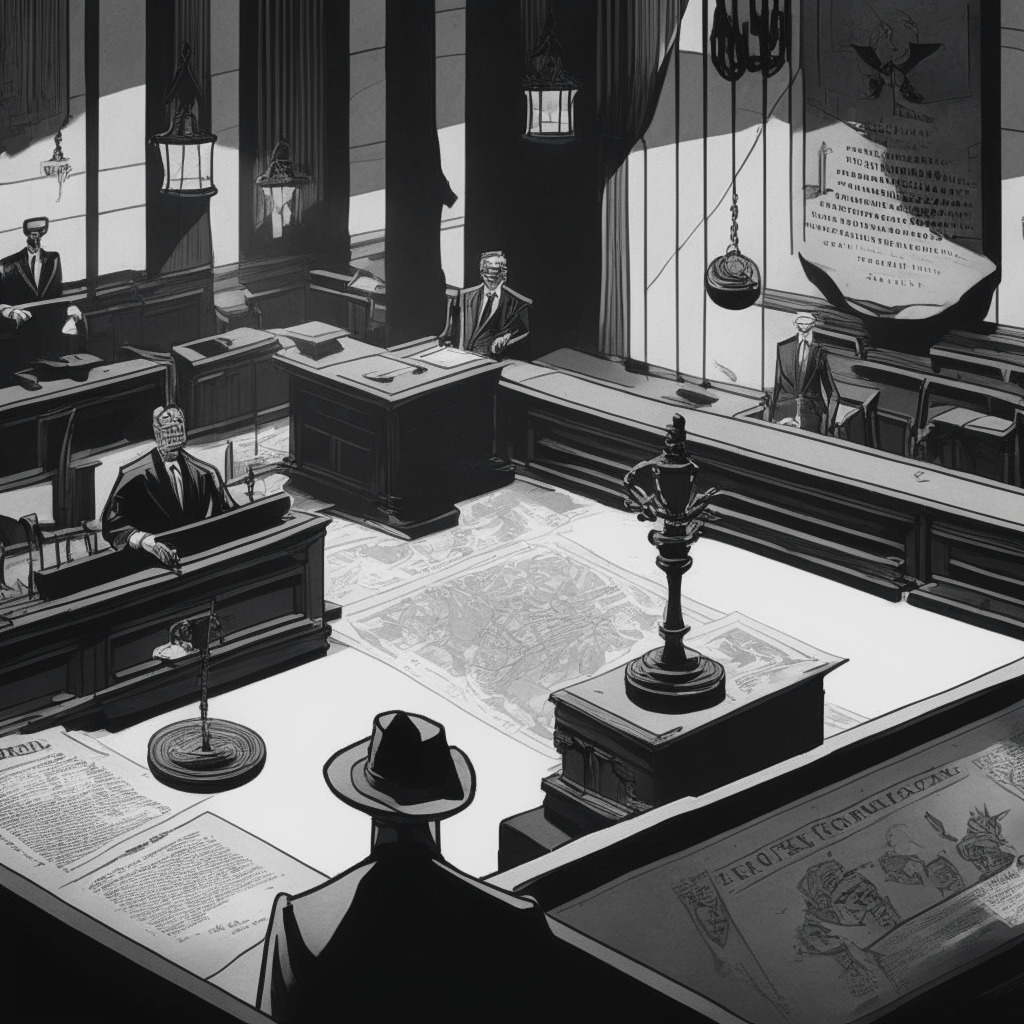In a recent case within the crypto community, the US Department of Justice (DOJ) expressed apprehension about potential jury questions suggested by Sam Bankman-Fried, fearing they might be overly probing. These concerns arose during the consecutive stages of a significant trial concerning the FTX, one of the prominent crypto exchanges that imploded under fraud allegations last November.
The prosecution argued that several of the questions proposed by Bankman-Fried were reaching far beyond the scope of standard voir dire. He suggested asking about the potential juror’s viewpoints about the defunct crypto exchange, its case, and the defendant himself, and if they could entirely overlook their previous impressions. Critics see these suggested questions as overly intrusive.
Besides, there are raised suspicions of the defense attempting to shape a narrative in Bankman-Fried’s favor, particularly with questions about the concept of effective altruism — a philosophy that Bankman-Fried claims to adhere. These queries aim to paint a picture of a defendant amassing wealth not selfishly but altruistically, to facilitate global improvements.
Moreover, criticisms cover questions about Bankman-Fried’s ADHD and related medication – considering them irrelevant, given that no prior notification of a mental condition defense was provided within the legal time frame.
Turning to more logistic requests, the prosecution has outlined several technical needs for the trial such as an ethernet connection of high speed and jury headphones, intending to justify an efficacious presentation of evidence throughout the trial.
The exchange boss’s trial, starting on October 3, will underline whether or not these intensive questions relate to the case or are an attempt at a defense strategy. Furthermore, in an unexpected twist, poor prison internet connection might have a significant impact on the trial. As Bankman-Fried’s attorneys pointed out, he is restricted in effectively preparing for his defense due to these limitations.
While the jury’s perspectives will undoubtedly impact the outcome of the case, the question at large remains: How far can one go in a quest for a fair trial without crossing the boundary into unnecessary intrusion? In this narrative, anonymity, skepticism, and the quest for justice in the complex world of cryptocurrency intertwine, leaving observers to wonder about the future of such legal battles.
Source: Cryptonews




